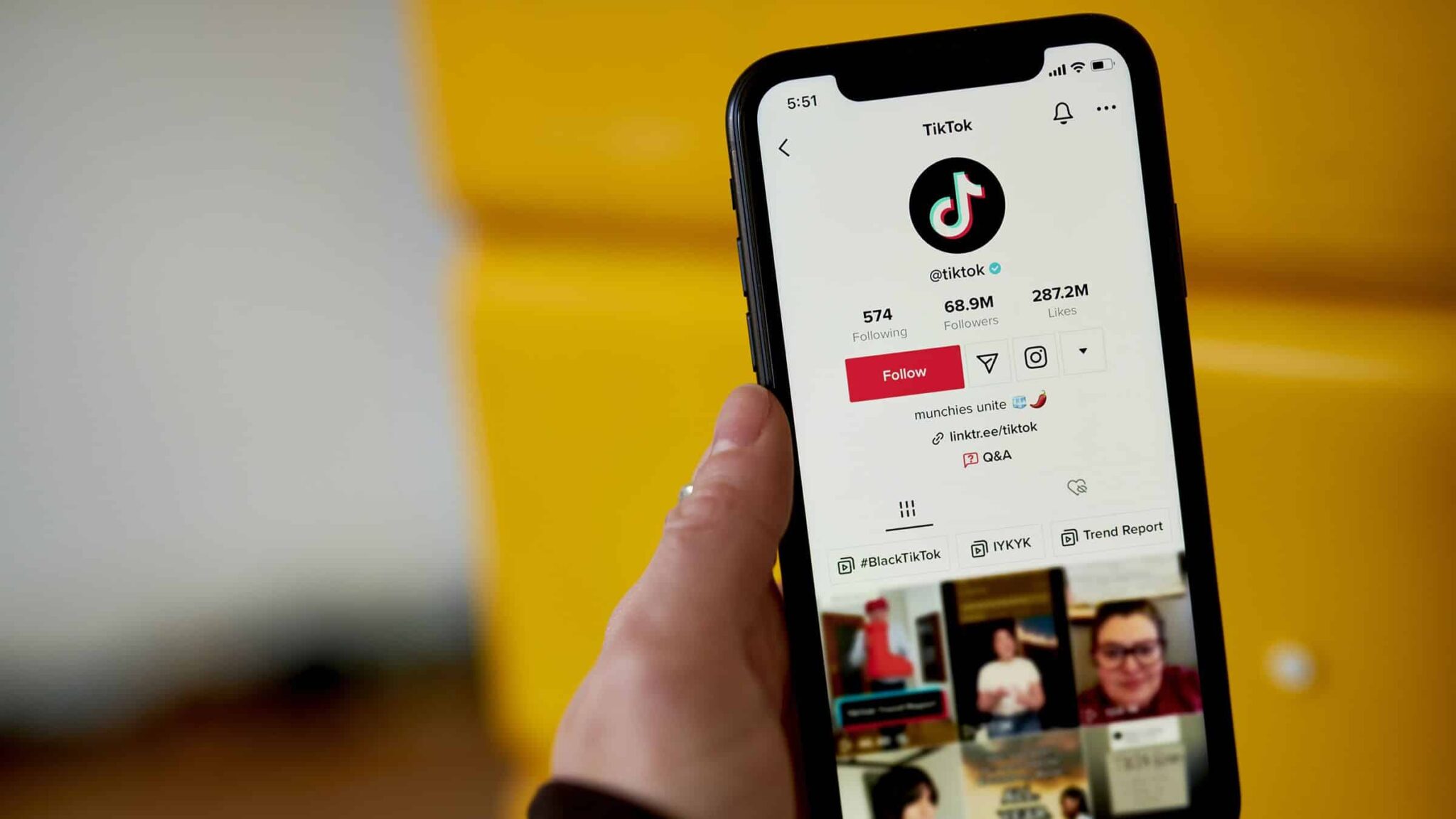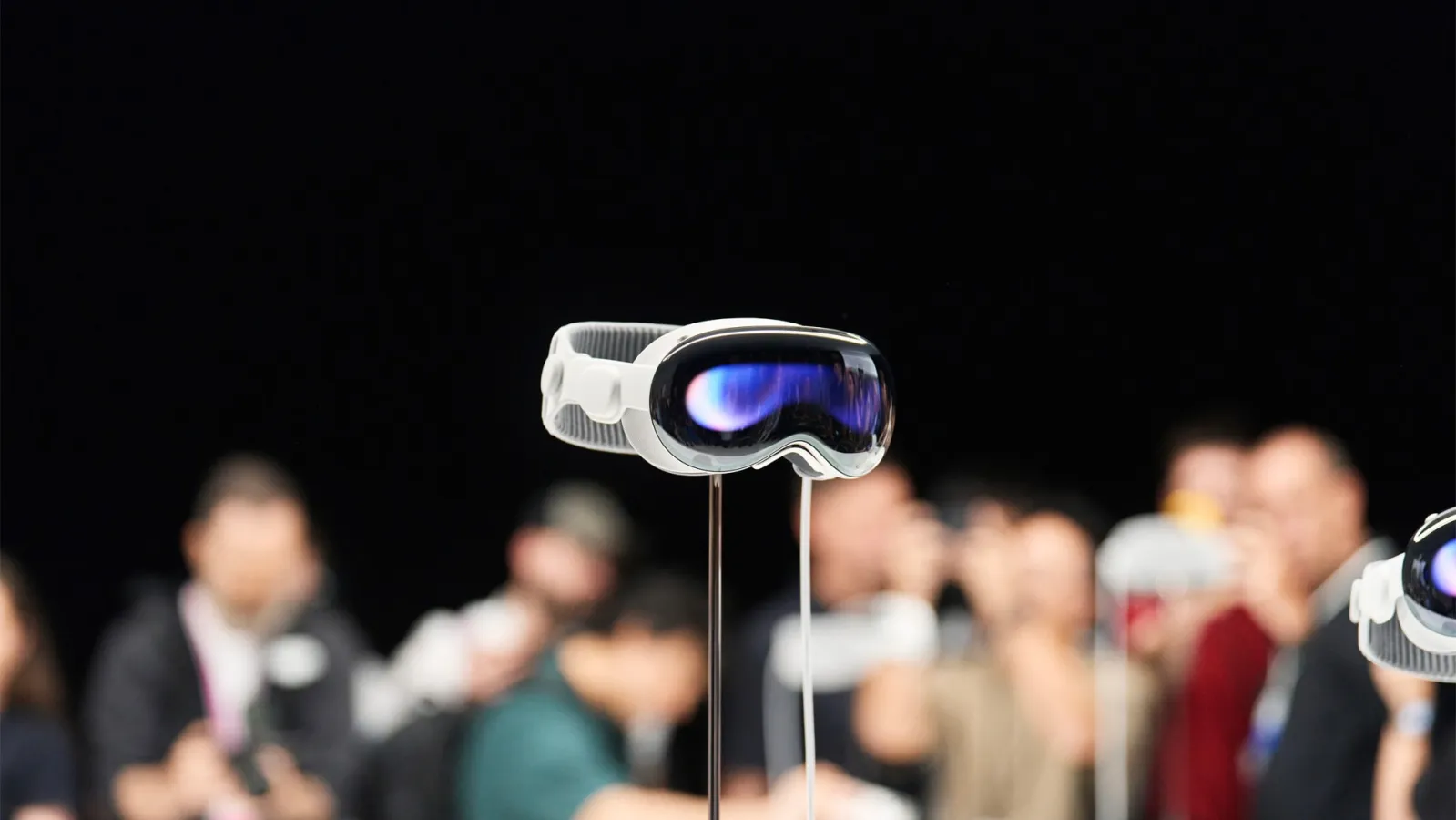In an unprecedented legal move, New York City has launched a formidable lawsuit against the giants of social media, accusing platforms like TikTok, Instagram, Facebook, Snapchat, and YouTube of engineering their services in a way that endangers the mental health of teenagers. This bold step represents a significant escalation in the ongoing discourse about the influence of digital platforms on society’s younger members, particularly regarding their psychological well-being.
Key Highlights:
- NYC’s lawsuit targets major social media companies for their role in the youth mental health crisis.
- Allegations include negligence, gross negligence, and public nuisance due to addictive product designs.
- The lawsuit seeks financial compensation for the city’s expenditures on youth mental health programs.
- Social media firms defend their practices, highlighting efforts to protect young users.
- The action accompanies a broader legal and legislative push against harmful online practices affecting children.
The lawsuit, announced by Mayor Eric Adams, centers on the claim that these platforms have systematically designed their products to “attract, capture, and addict” teenagers, thereby contributing significantly to the national youth mental health crisis. The city argues that these companies have acted with negligence and gross negligence, creating a public nuisance that has led to increased suicide attempts among youths and a general decline in mental health among this vulnerable demographic. New York City seeks to have these companies held financially responsible for their impact, citing the city’s investment of over $100 million annually in youth mental health initiatives.
This legal action is not happening in isolation. It is part of a growing trend of scrutiny and litigation against social media companies over their practices and their impact on users, particularly young people. In a related development, New York Attorney General Letitia James, along with a coalition of 32 attorneys general, has filed a federal lawsuit against Meta (the parent company of Facebook and Instagram) for similar reasons. This lawsuit accuses Meta of knowingly designing features that addict children and teens, collecting data on children under 13 without parental consent, and contributing to the youth mental health crisis through manipulative platform features.
The companies in question have defended their practices. Google (YouTube’s parent company) has refuted the allegations, asserting that they are not true. TikTok claims to employ industry-leading safeguards for teens, and Meta (Facebook and Instagram’s parent company) emphasizes its decade-long commitment to providing young people with tools to manage their online experiences safely. These defenses highlight the complex debate surrounding the responsibility of social media platforms for their users’ well-being and the efficacy of their self-regulatory measures.
In the broader context, this lawsuit and others like it signal a critical moment in the relationship between society and the social media companies that wield considerable influence over public discourse and personal well-being. As legal battles unfold, they prompt a necessary examination of the ethical obligations of these platforms, the adequacy of current regulatory frameworks, and the potential need for more stringent measures to protect the most vulnerable members of society from the unintended consequences of digital immersion.
The Crux of the Matter
At the heart of New York City’s legal challenge against social media behemoths is a fundamental question about the extent of responsibility these platforms bear for the negative outcomes their services may engender among young users. As the city aligns its legal arsenal against the perceived threats posed by these digital giants, the ensuing battle promises not just to shape the legal landscape but also to influence the future design and regulation of social media. With mental health at the forefront of societal concerns, particularly in the wake of the COVID-19 pandemic, this lawsuit embodies a broader reckoning with the digital age’s impacts on our collective well-being. The outcome of this legal challenge could set a precedent for how society navigates the delicate balance between technological innovation and the protection of its youngest members.






























